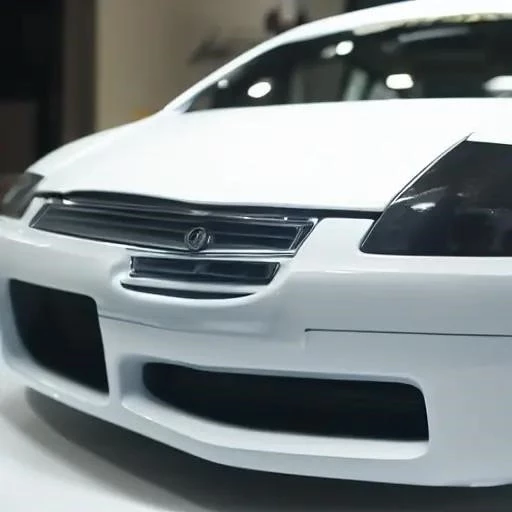
In an era defined by personal expression and bespoke craftsmanship, the automotive world is witnessing a remarkable transformation. Gone are the days when a factory paint job was your only significant aesthetic choice; today, a vibrant, resilient, and utterly customizable alternative is revolutionizing how we view vehicle aesthetics and protection. We’re talking, of course, about car wrapping – a dynamic process that has swiftly moved from niche enthusiast circles to mainstream desirability, offering an unparalleled blend of style, preservation, and investment value. The perennial question, “how much for wrapping a car?” often surfaces, yet focusing solely on the immediate price tag risks overlooking the profound benefits and long-term savings this innovative solution provides.
Envision your vehicle not merely as transportation, but as a canvas awaiting artistic interpretation, a statement of your unique personality on wheels. Car wrapping, at its core, involves meticulously applying large sheets of high-quality vinyl film directly over the vehicle’s original paintwork. This isn’t just about changing colors; it’s an intricate art form, capable of mimicking textures, incorporating complex graphics, and even providing a matte or satin finish that traditional paint simply cannot replicate with the same versatility or cost-effectiveness. Beyond the stunning visual upgrade, this protective layer shields your original paint from the daily onslaught of road debris, UV radiation, and minor abrasions, thereby safeguarding your car’s resale value in an incredibly effective manner.
Here’s a detailed breakdown of what factors influence the cost of car wrapping and the inherent value proposition:
| Comprehensive Guide to Car Wrapping Costs & Value | |
|---|---|
| Topic/Category | Details & Considerations |
| Average Cost Range (Full Wrap) | Typically ranges from $2,500 to $5,000+ USD. This is a general estimate; prices vary significantly based on the factors below. Partial wraps or accent wraps will be considerably less. |
| Key Cost Factors |
|
| Benefits of Car Wrapping |
|
| Official Reference Link | 3M Vehicle Wraps ⎻ Industry Leader |
Delving deeper into the financial considerations, it becomes clear that the initial outlay for a car wrap is an investment in both aesthetics and asset preservation. Consider the alternative: a high-quality, full vehicle repaint could easily cost anywhere from $5,000 to $10,000 or even more for premium finishes and meticulous prep work. Compared to this, a professional car wrap, ranging from $2,500 to $5,000 for most standard vehicles, presents a remarkably compelling economic argument. By integrating insights from leading industry professionals, we understand that the longevity of a well-maintained wrap, typically 5-7 years, often surpasses the period most owners keep a vehicle, ensuring that the protective benefits accrue over a substantial duration.
Expert opinions consistently underscore the burgeoning popularity of wrapping. “The versatility of vinyl has truly opened up a new frontier for vehicle personalization and protection,” explains Sarah Jenkins, CEO of ‘DriveStyle Wraps,’ a prominent custom shop. “Our clients aren’t just looking for a new color; they’re seeking a unique identity for their cars, coupled with the peace of mind that their original paint is shielded from the elements. This dual advantage is driving unprecedented demand across all segments, from daily drivers to exotic supercars.” The market is continually expanding, with innovations in vinyl technology introducing self-healing properties, ceramic-infused finishes, and even sustainable, eco-friendly options, promising an even brighter future for this dynamic industry.
Ultimately, when contemplating “how much for wrapping a car,” it’s essential to shift perspective from a mere expense to a strategic enhancement. You are not just purchasing a new look; you are investing in a protective skin that shields your vehicle’s most vulnerable asset – its paintwork – from depreciation. This forward-looking approach ensures that your car not only stands out from the crowd with unparalleled style but also maintains its intrinsic value, making car wrapping an undeniably smart decision for the discerning vehicle owner. As technology advances and design possibilities expand, the allure of a custom-wrapped vehicle will only intensify, solidifying its place as a cornerstone of modern automotive culture.
